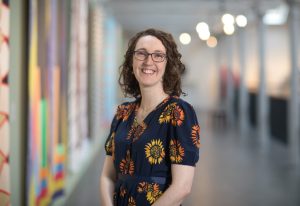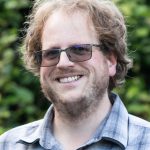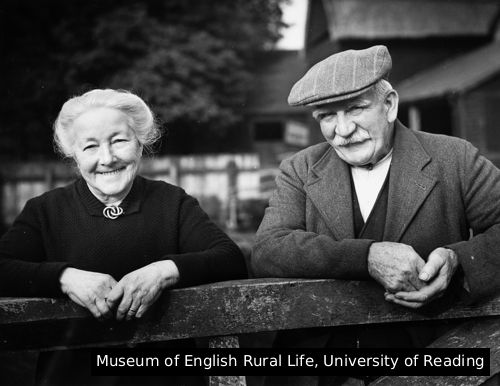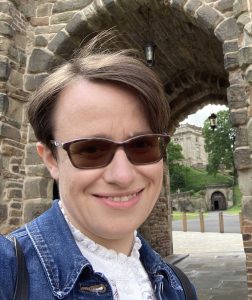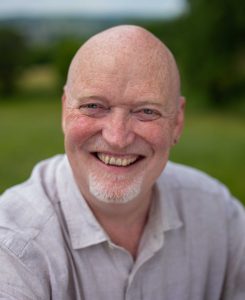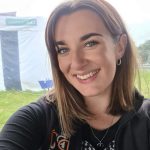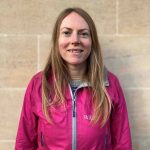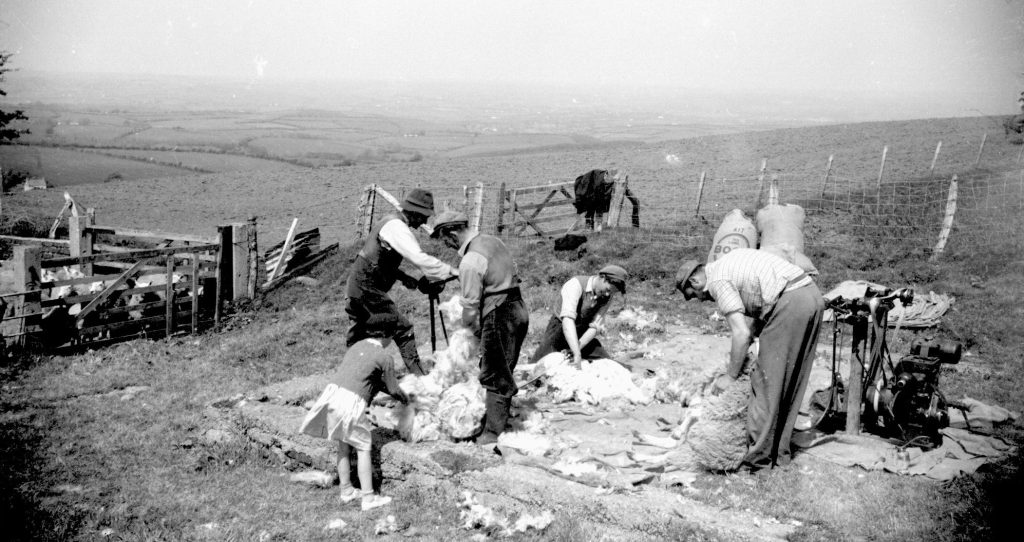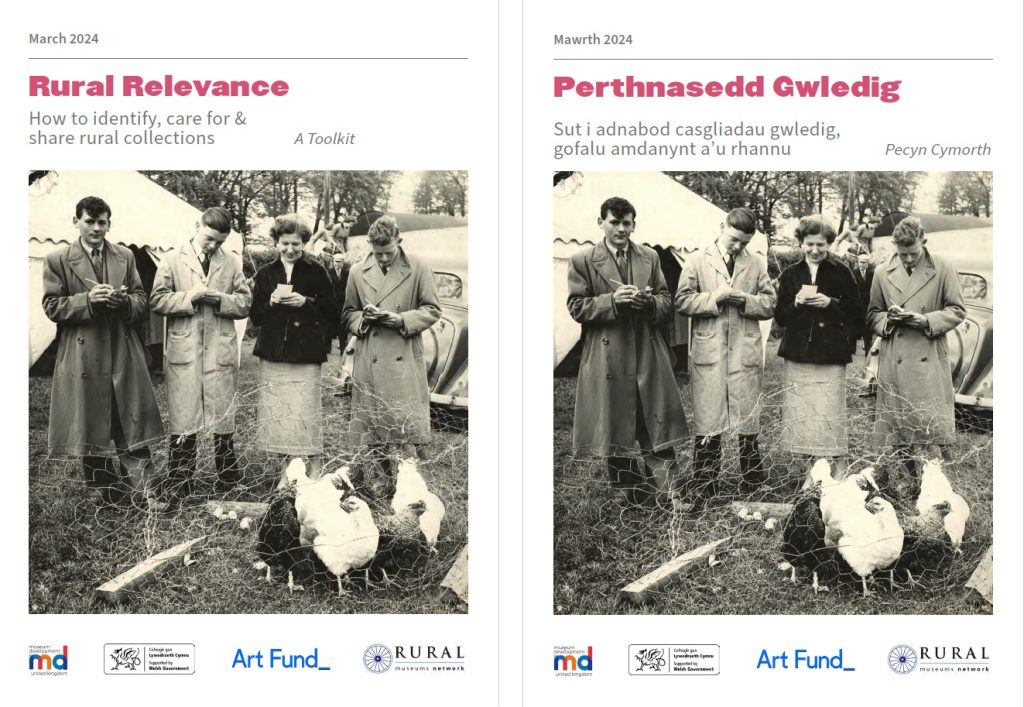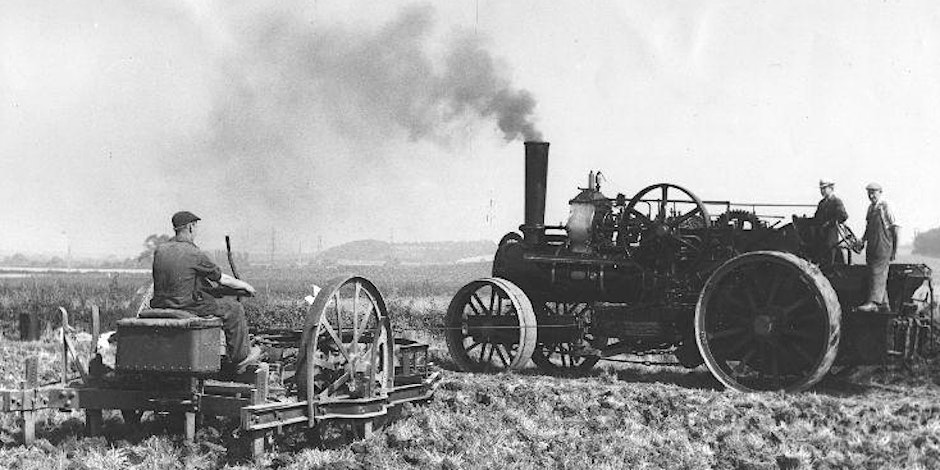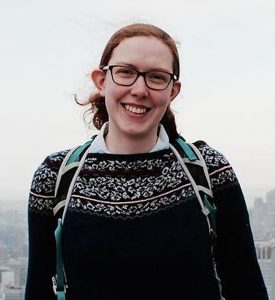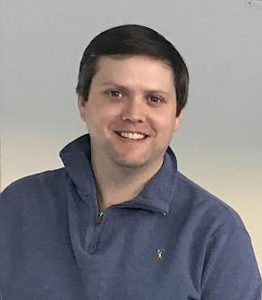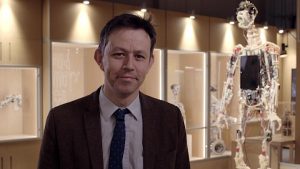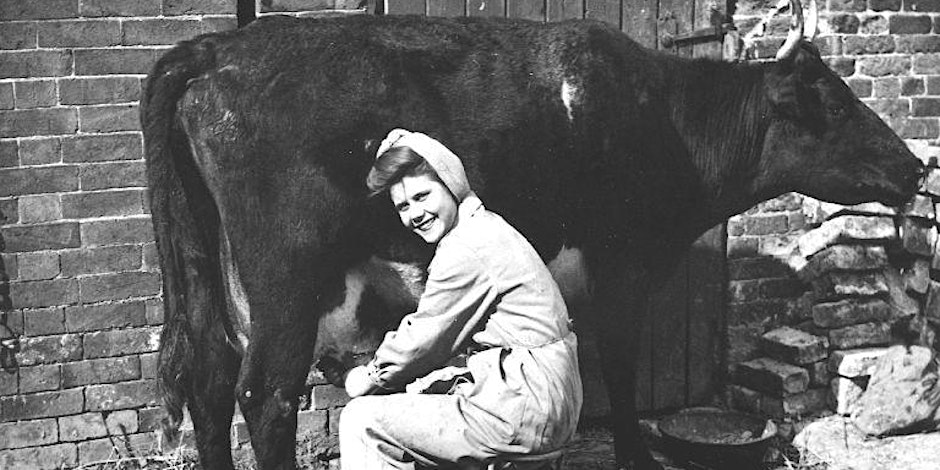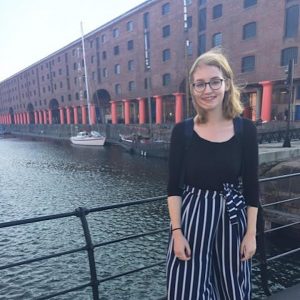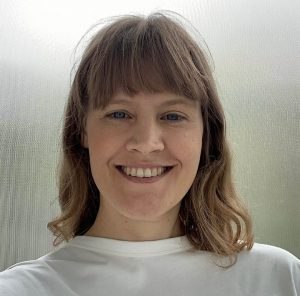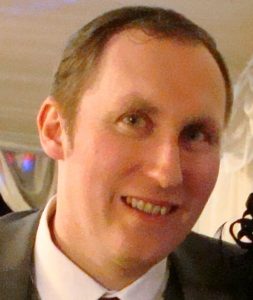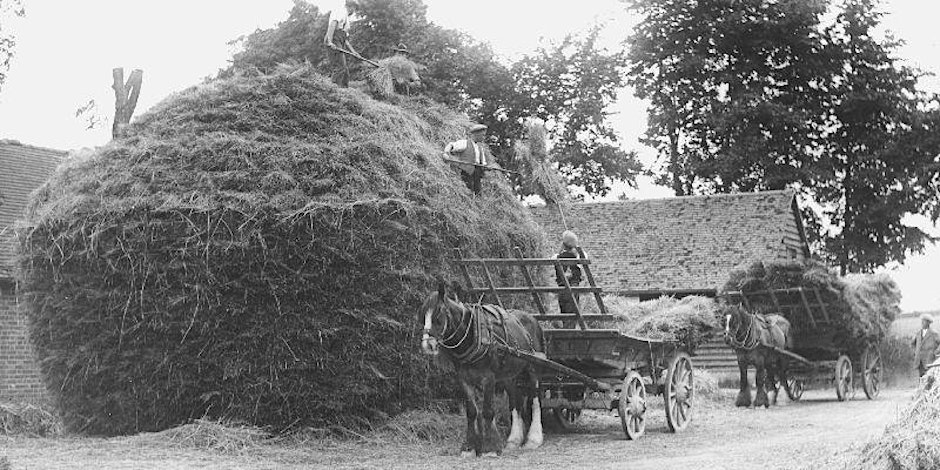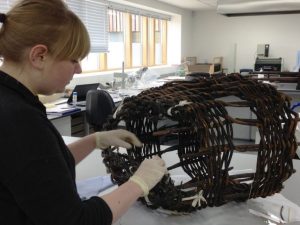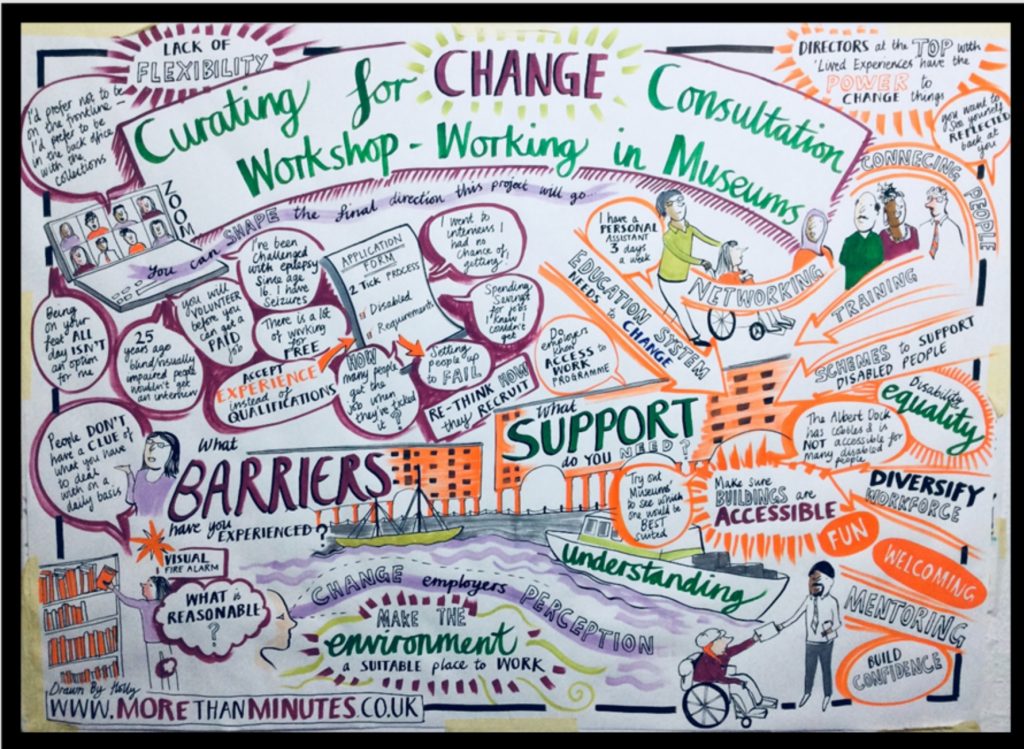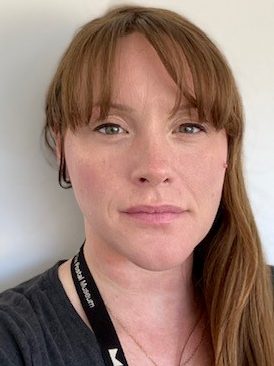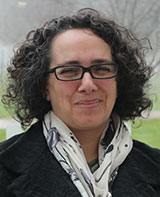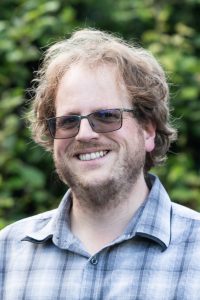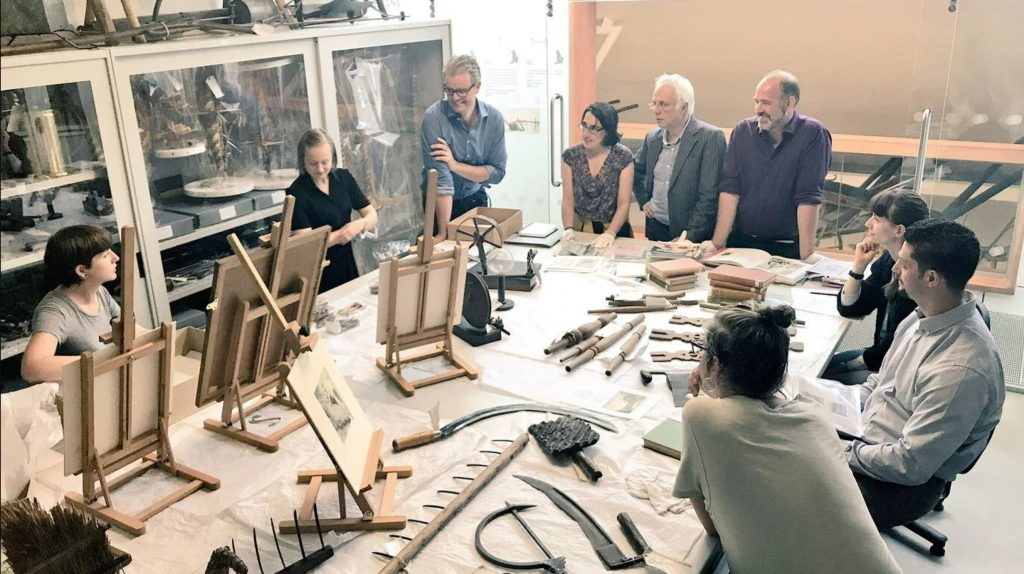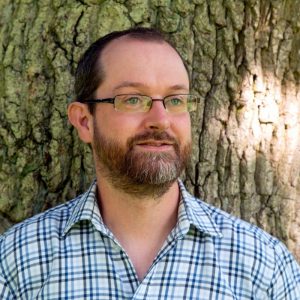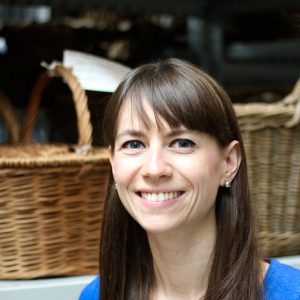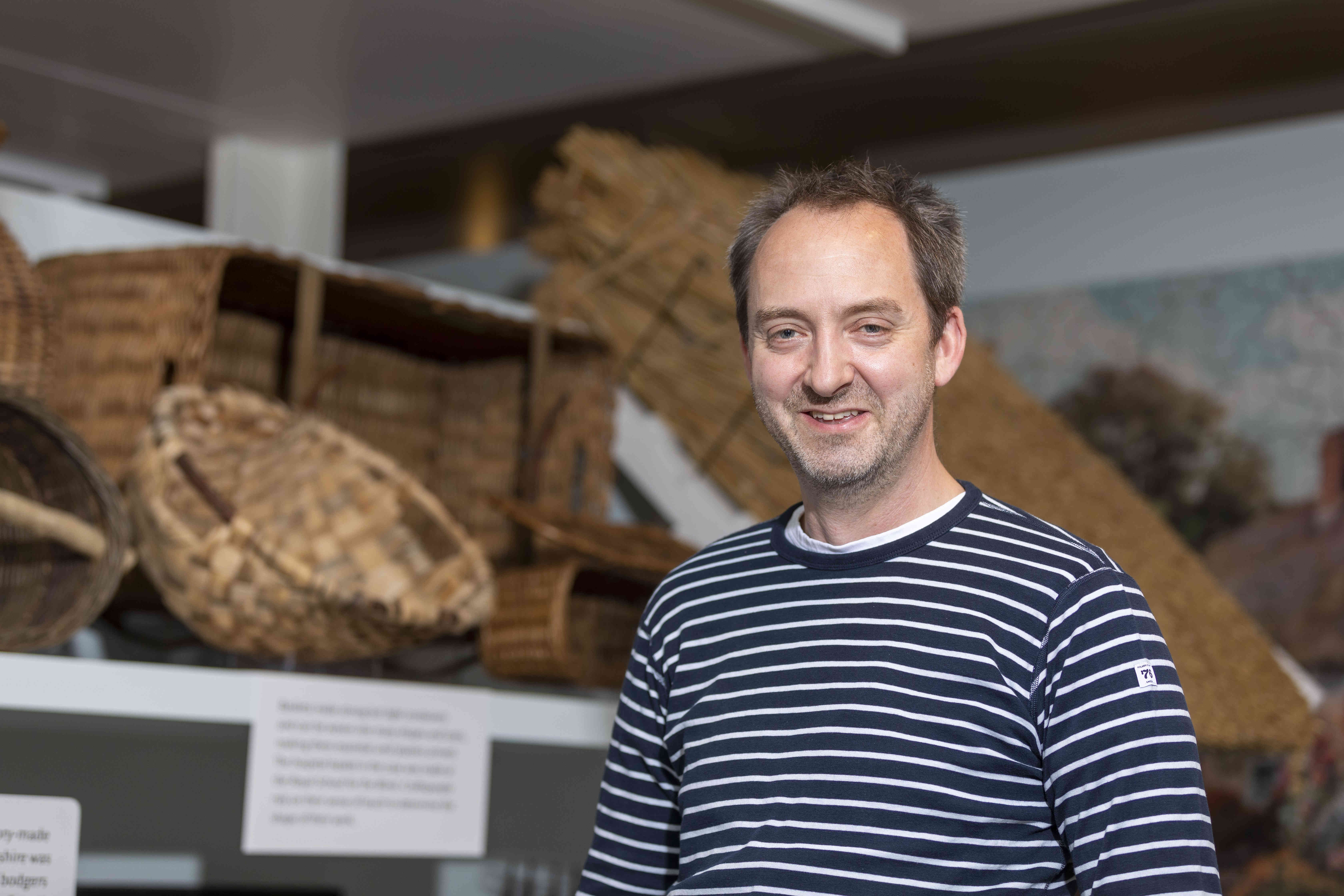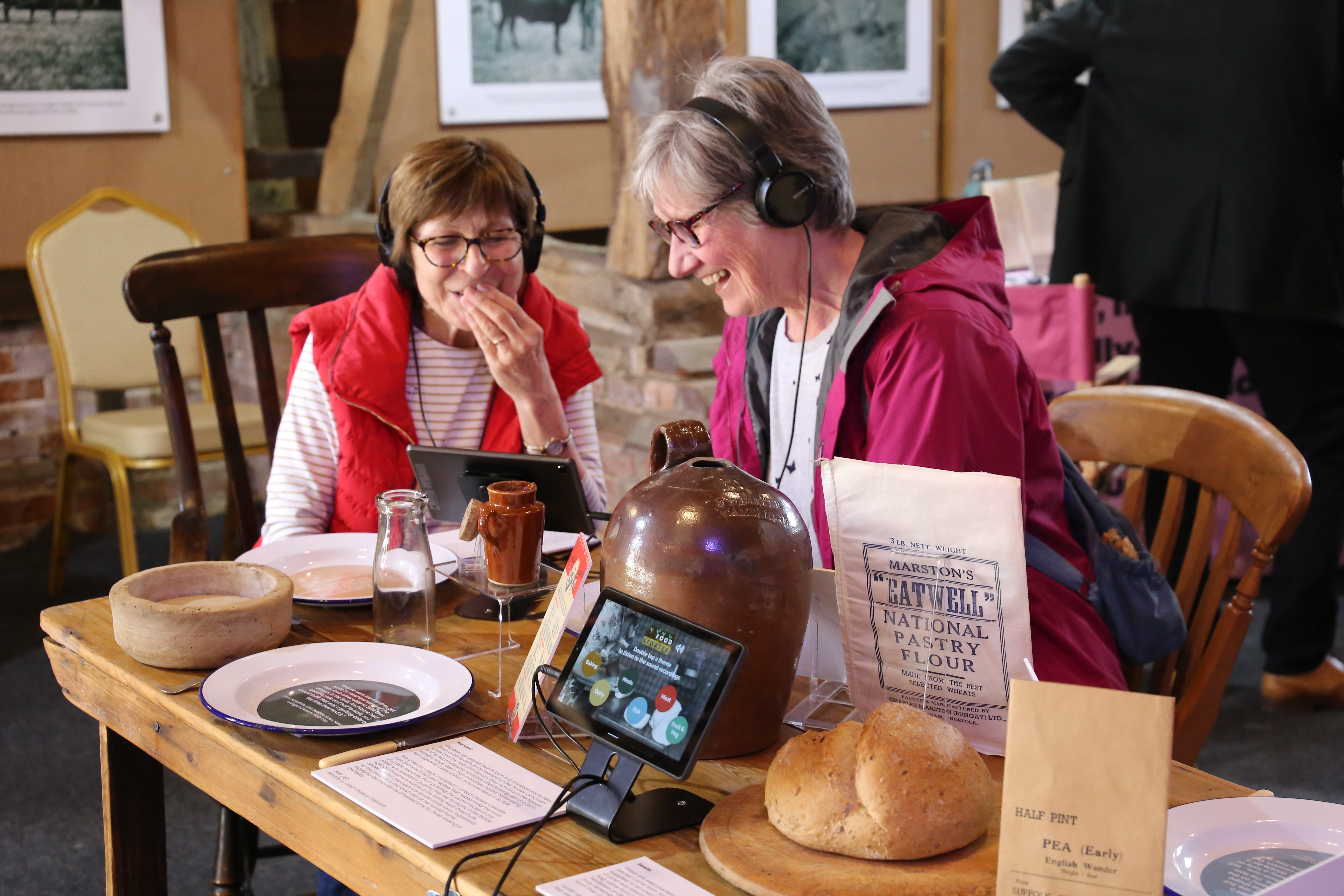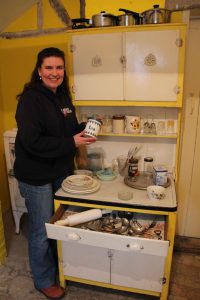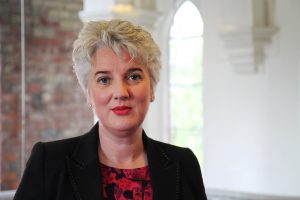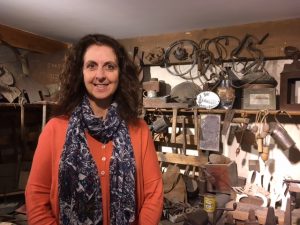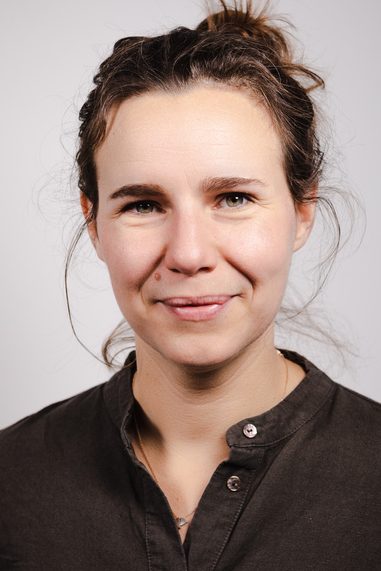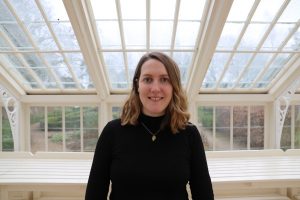
The climate and biodiversity crises are a real threat to our culture and way of life, particularly in rural areas. Every museum has a role to play in climate and biodiversity action – from the stories we choose to tell to the way we manage our land and buildings.
In a Rural Museums Network session in November 2024, Lucy Neville, Climate Officer for Museums Galleries Scotland, hosted an open discussion around museums and their role in the climate crisis, on site action and audience engagement, resources already available and what participants thought was missing. She then opened the floor to those wishing to discuss their own ongoing or potential projects so that we could workshop them as a group.
This session was hosted by David Rounce, Project Director, Glencoe Folk Museum.
Lucy Neville joined Museums Galleries Scotland as Climate Officer in October 2023. She is passionate about helping organisations find their climate story, connecting audiences to the land and sea through heritage, and planning resilience for the future of the Climate Emergency. Lucy’s background prior to MGS was in environmental education and lifelong learning through museum collections.
Outside of work, Lucy can usually be found swimming in the sea or on adventures with her spaniel. She also volunteers for a spaniel rescue charity and helps to run a community garden bringing biodiversity to her urban neighbourhood.
David Rounce is Project Director with Glencoe Folk Museum and still pinches himself that he’s paid to build museums. A graduate of the University of York with BA (hons) History/Archaeology and MA Transport History, he has worked in curatorial roles for twelve years in a number of independent museums, most recently managing the award-winning rebuilding of Ravenglass Railway Museum in Cumbria.
Away from work David’s hobbies include playwriting, photography, and talking about himself in the third person. https://orphaned-objects.blogspot.com/


